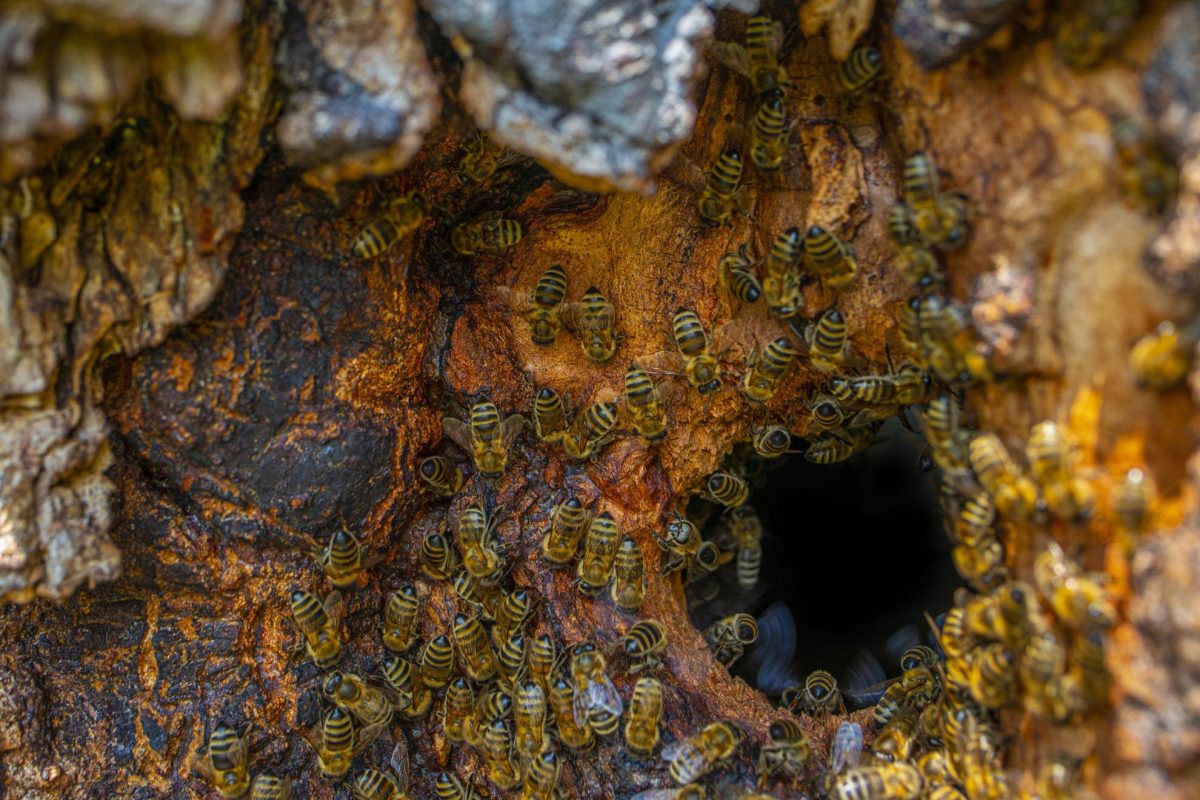BeesMAX is a not-for-profit company with the sole aim of reversing the decline of the UK bee population.
In 2016 a group of Beekeepers from Surrey Honey Farm Ltd began to consider new and innovative ways to help the rapidly declining bee population. They concluded that collecting and keeping swarms reported by the general public was not actually helping the wild bee population survive because there was no reintroduction process.
Beekeepers literally kept all the swarms for themselves.
This has created a national ethos of collecting and keeping bees on behalf of mother nature, becoming the custodians and the protectors of the remnants of our wild honey bee gene stock.
Bees crave the warm, sheltered, safe space of a hollow tree trunk. Colonies will remain for many generations in a tree that could have already taken a hundred years to grow
The second consequence of collecting swarms?
The second consequence of collecting and then merging these feral swarms into huge colonies was the hovering up of large amounts of pollinator food supplies within a 4Km radius of the apiary.
Wooden framed beehives create artificially large colonies compared to a wild hollow tree colony. Manufactured wooden framed beehives can produce more than 50 kilos of surplus honey compared to wild hollow tree colonies that nature ensures only gather sufficient to feed the bees.
Contact Us GETTING INVOLVEDReintroducing urban swarms
Thus the beekeepers chosen solution was to provide secure homes for the reintroduction feral swarms back into the wild. This is how the concept of The Blue Box emerged.
Just like a bird or bat box The Blue Box provides a safe space for wild bees to live and thrive. It sounds obvious but it is not as easy as it looks to reintroduce urban swarms and ensure the feral swarms survive.
And so, the project was named BeesMAX (to maximise the potential of the honey bee) and the not-for-profit company by limited guarantee was formed.
BeesMAX’s rewilding programme
BeesMAX provides the process to maintain a wild colonies’ evolutionary development, enabling them to continue living as closely aligned as possible to the UK’s natural weather patterns.

